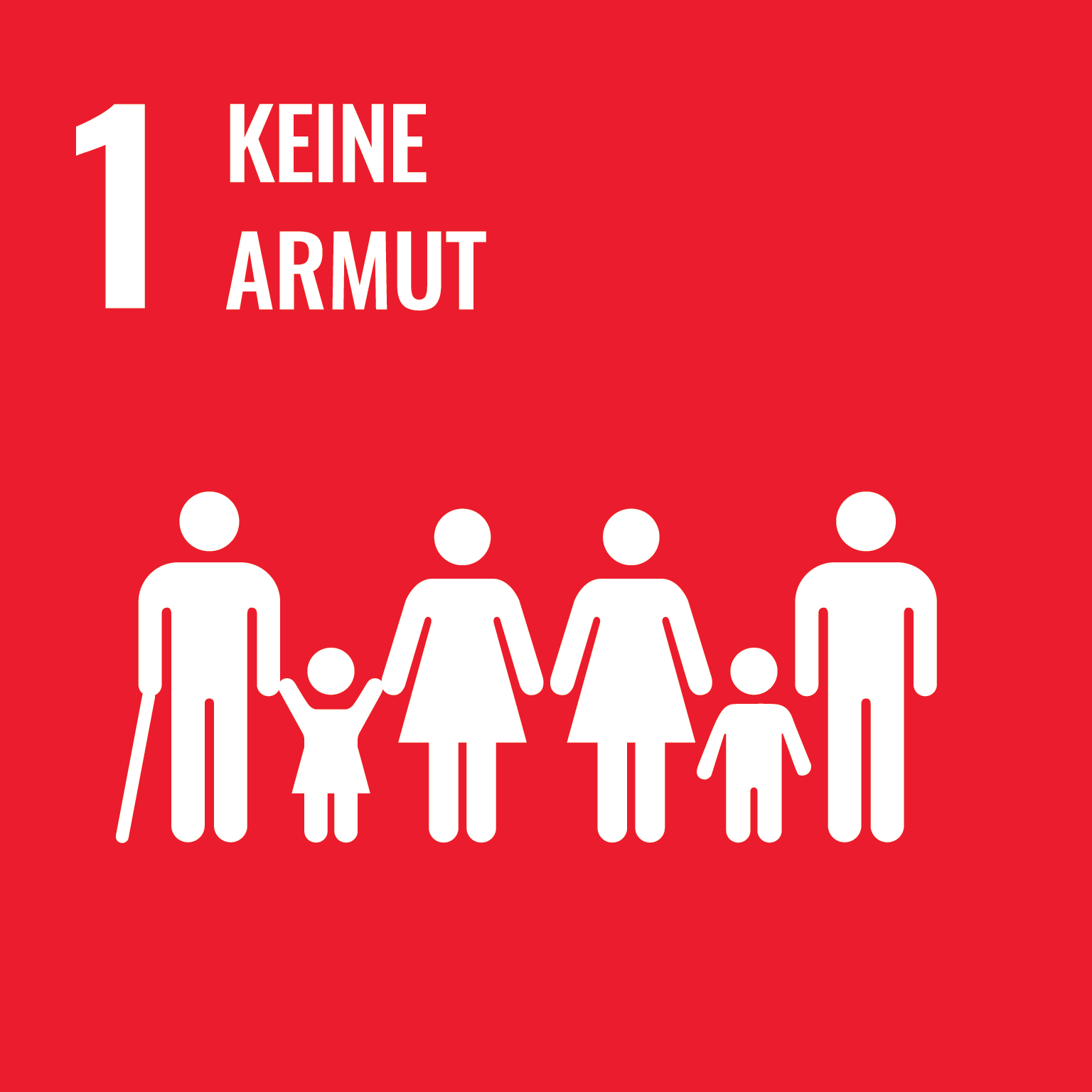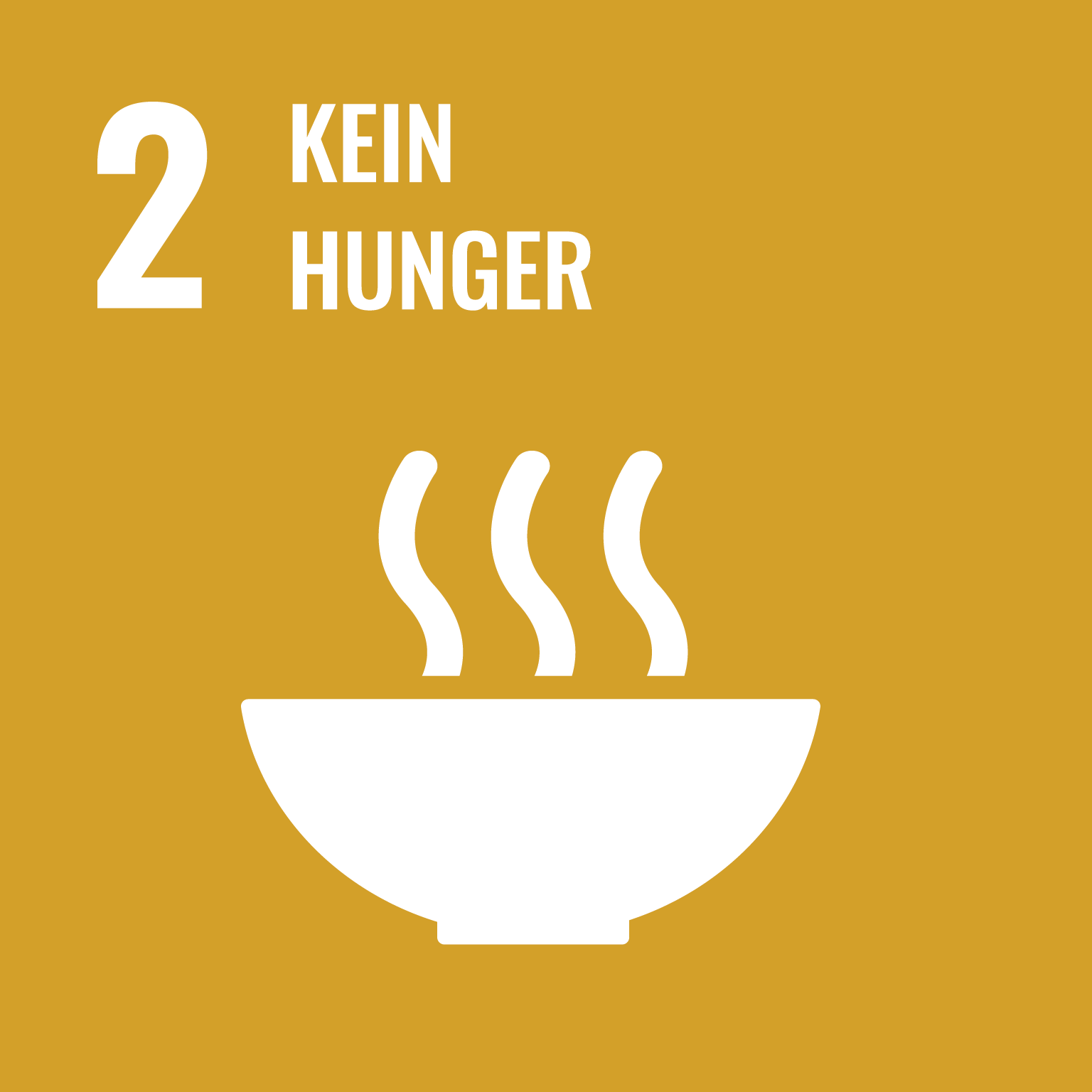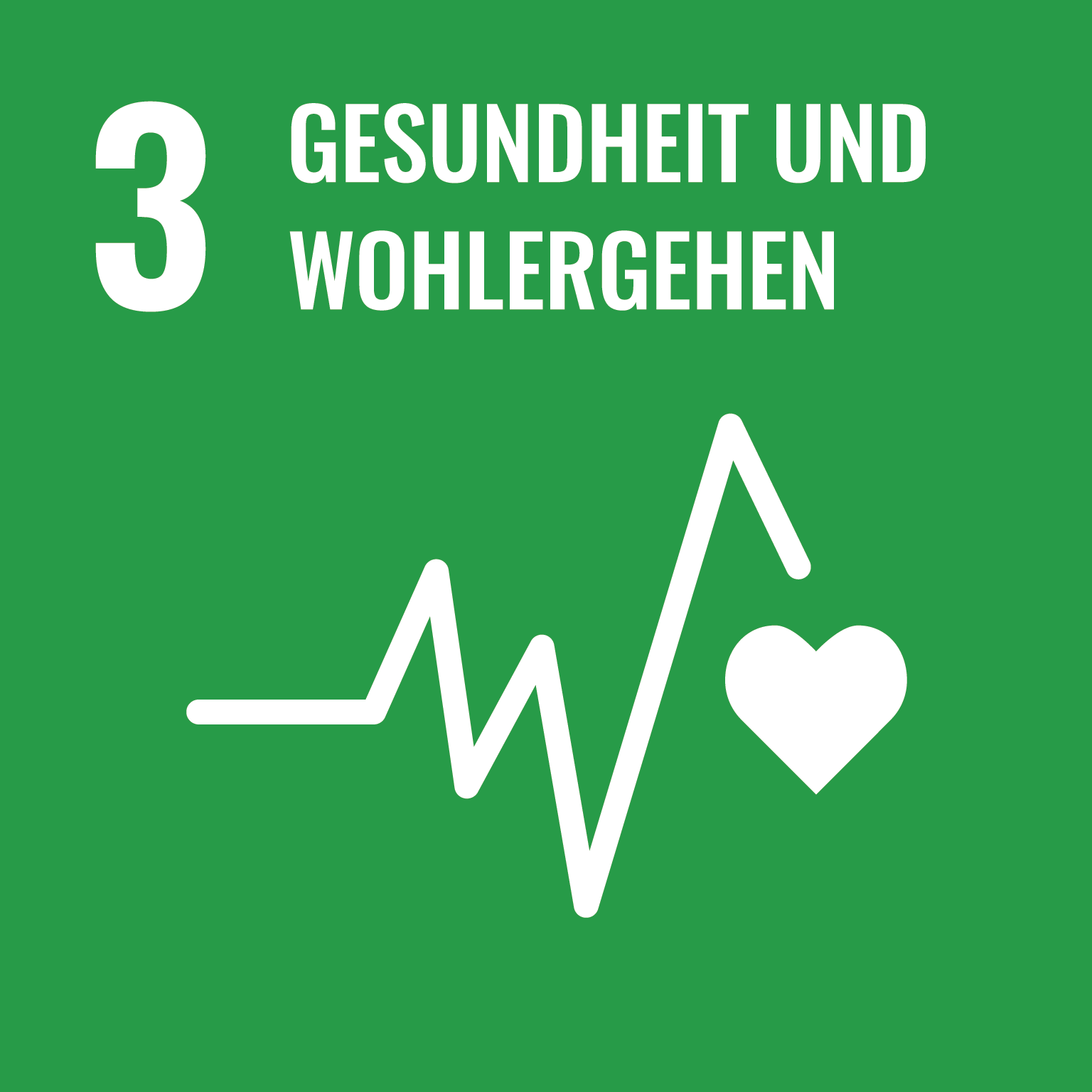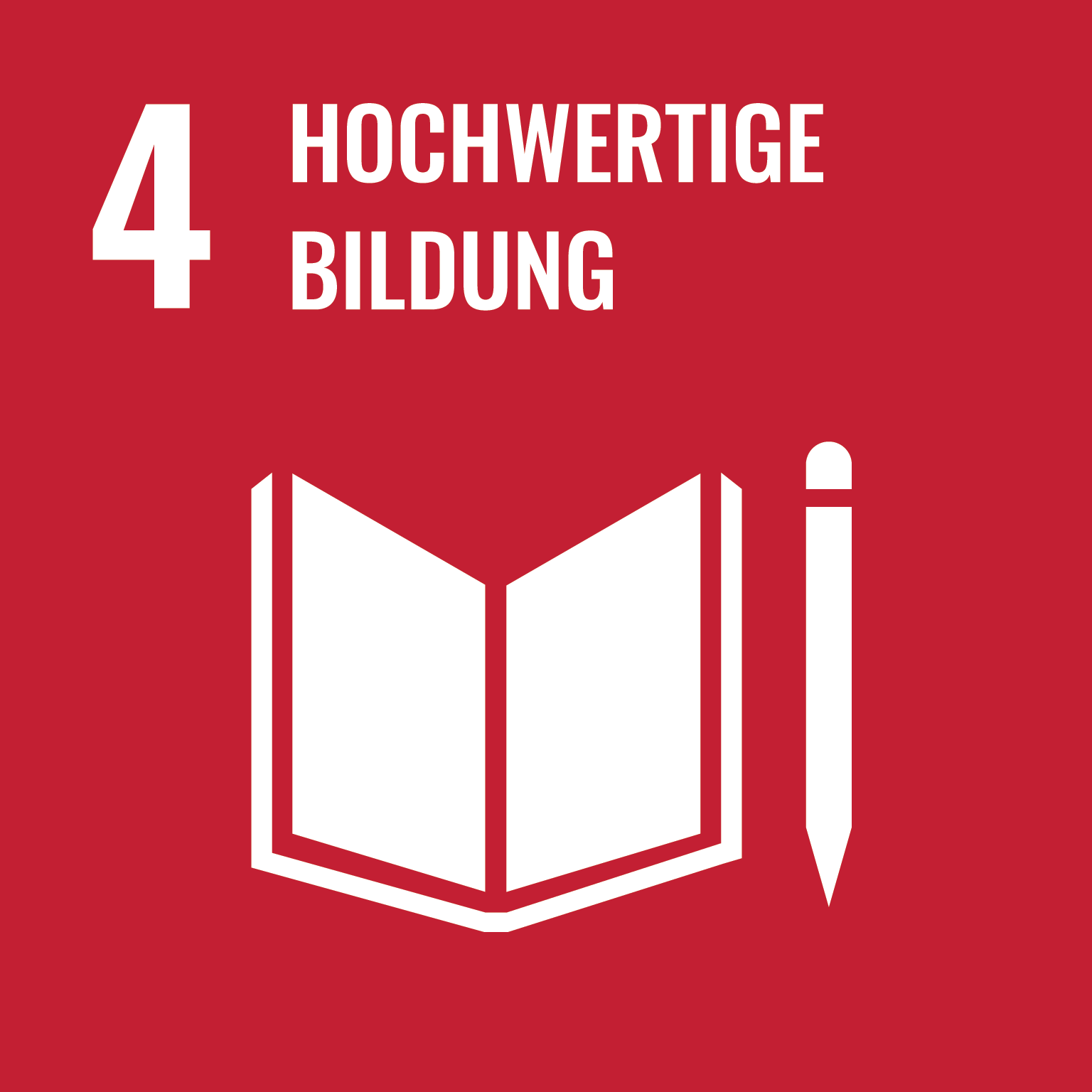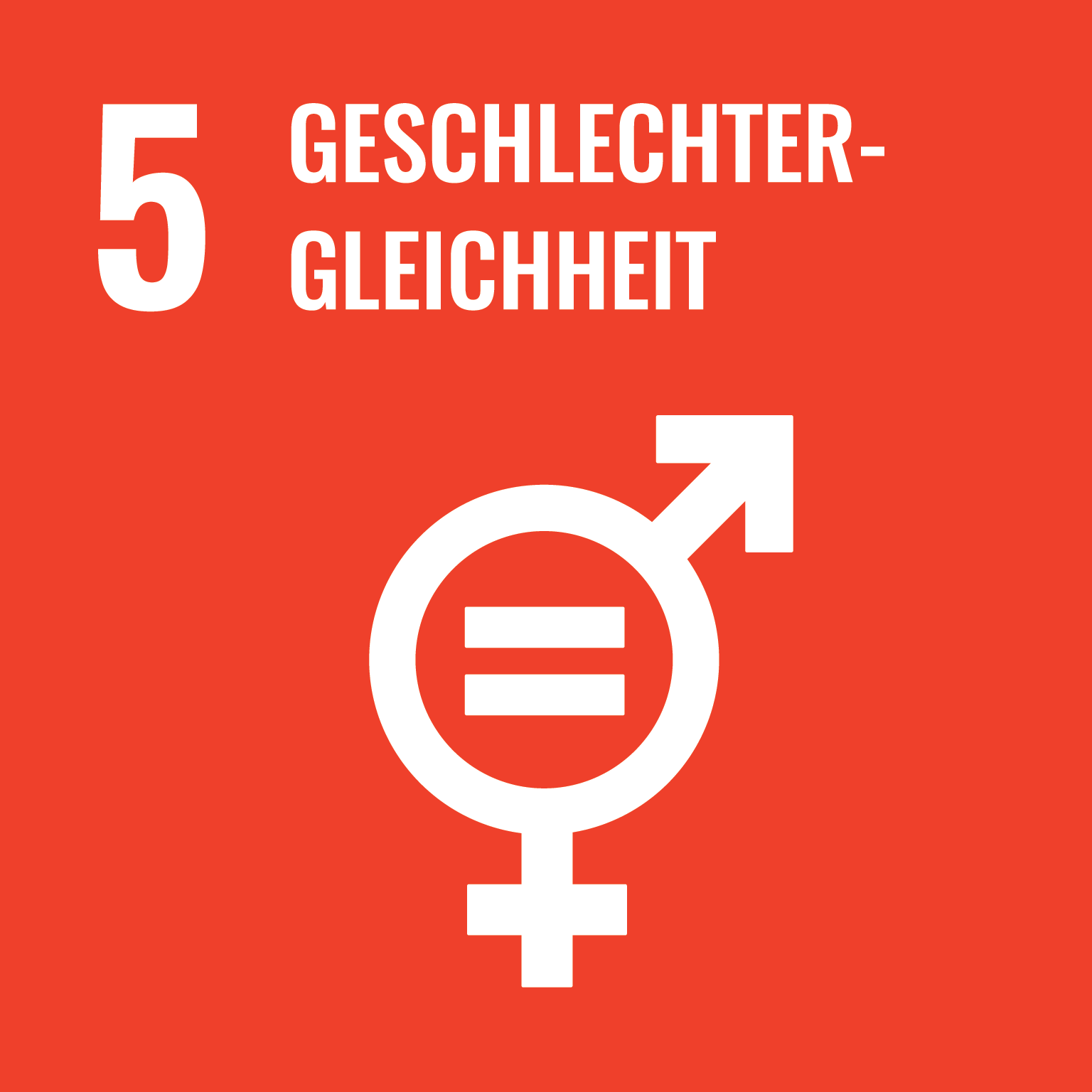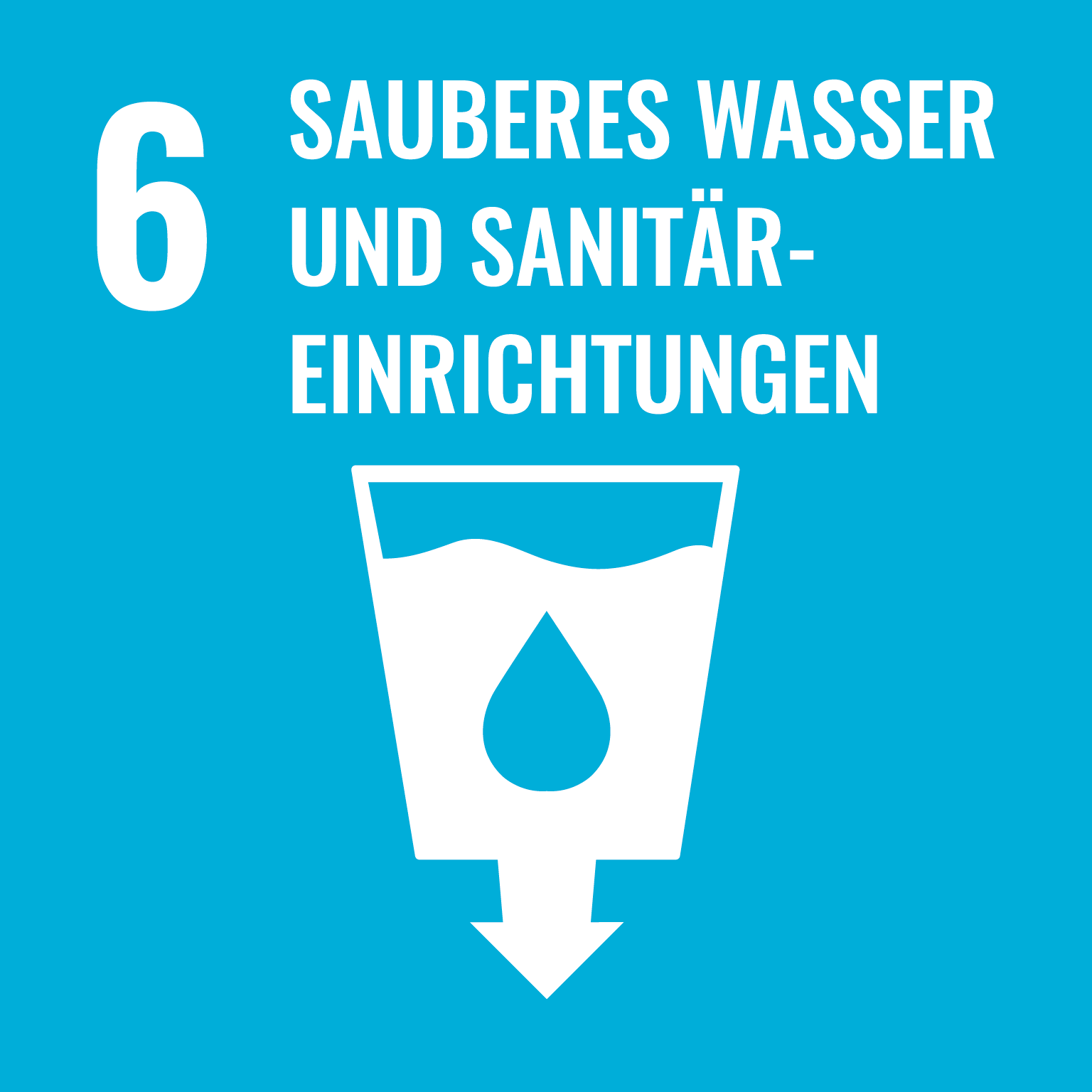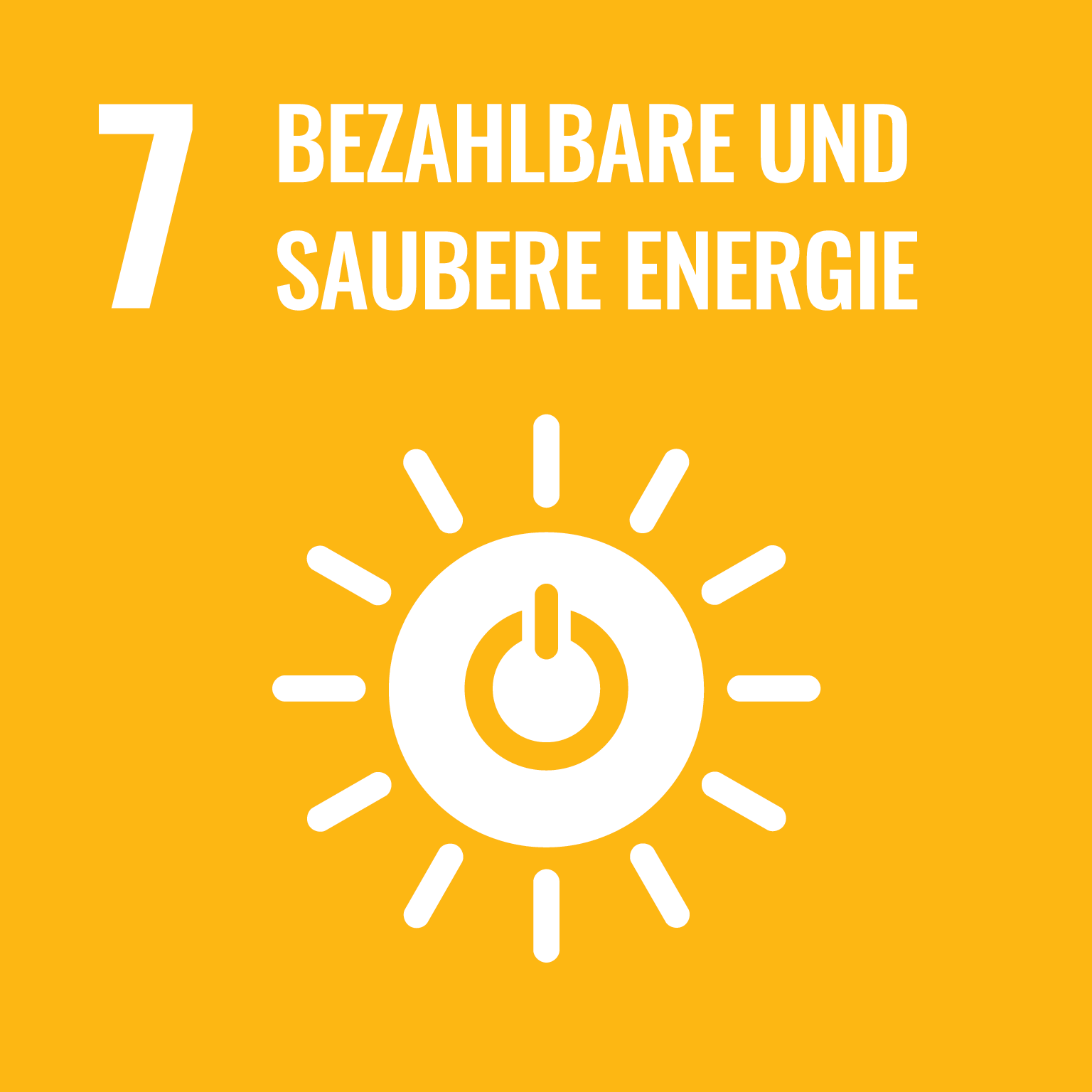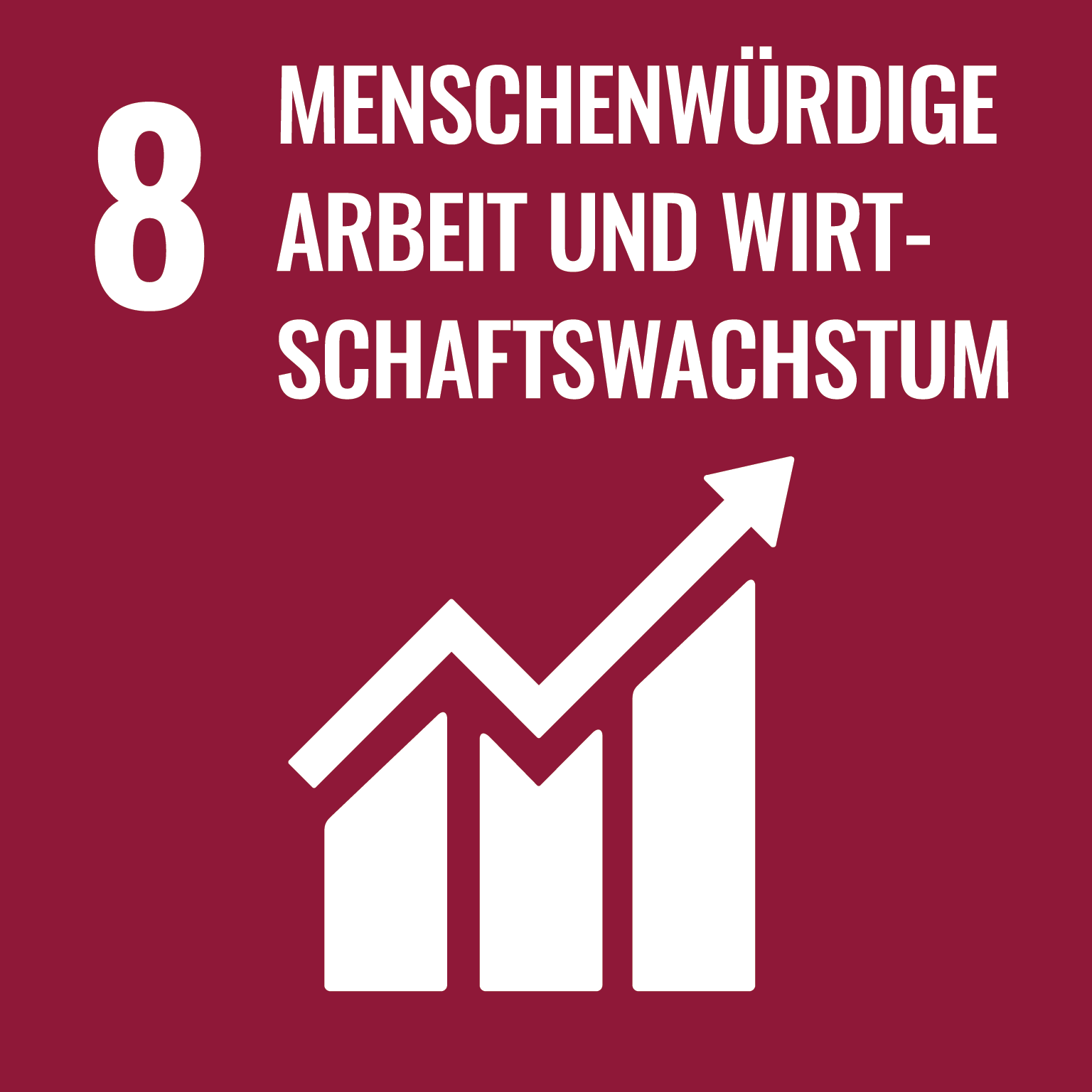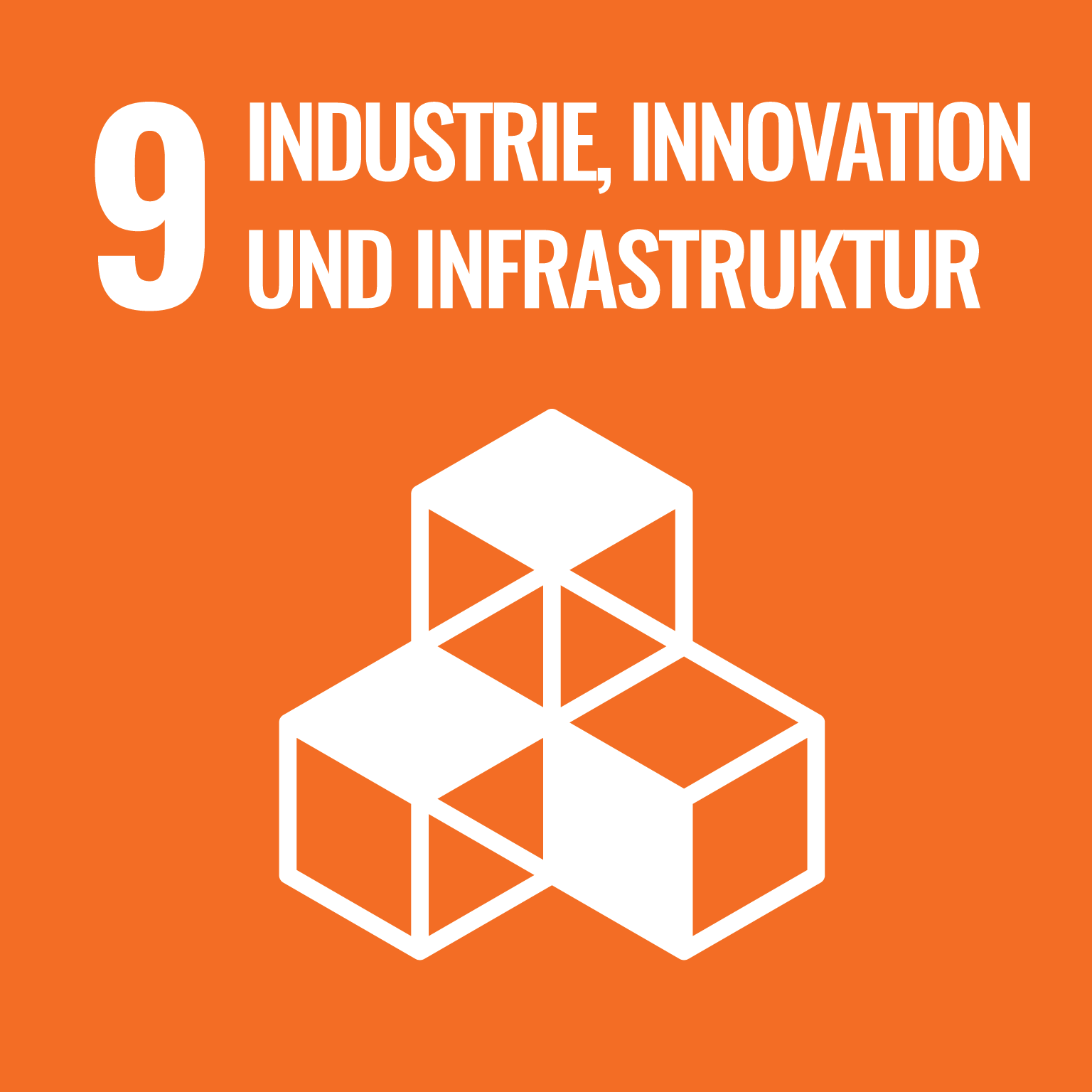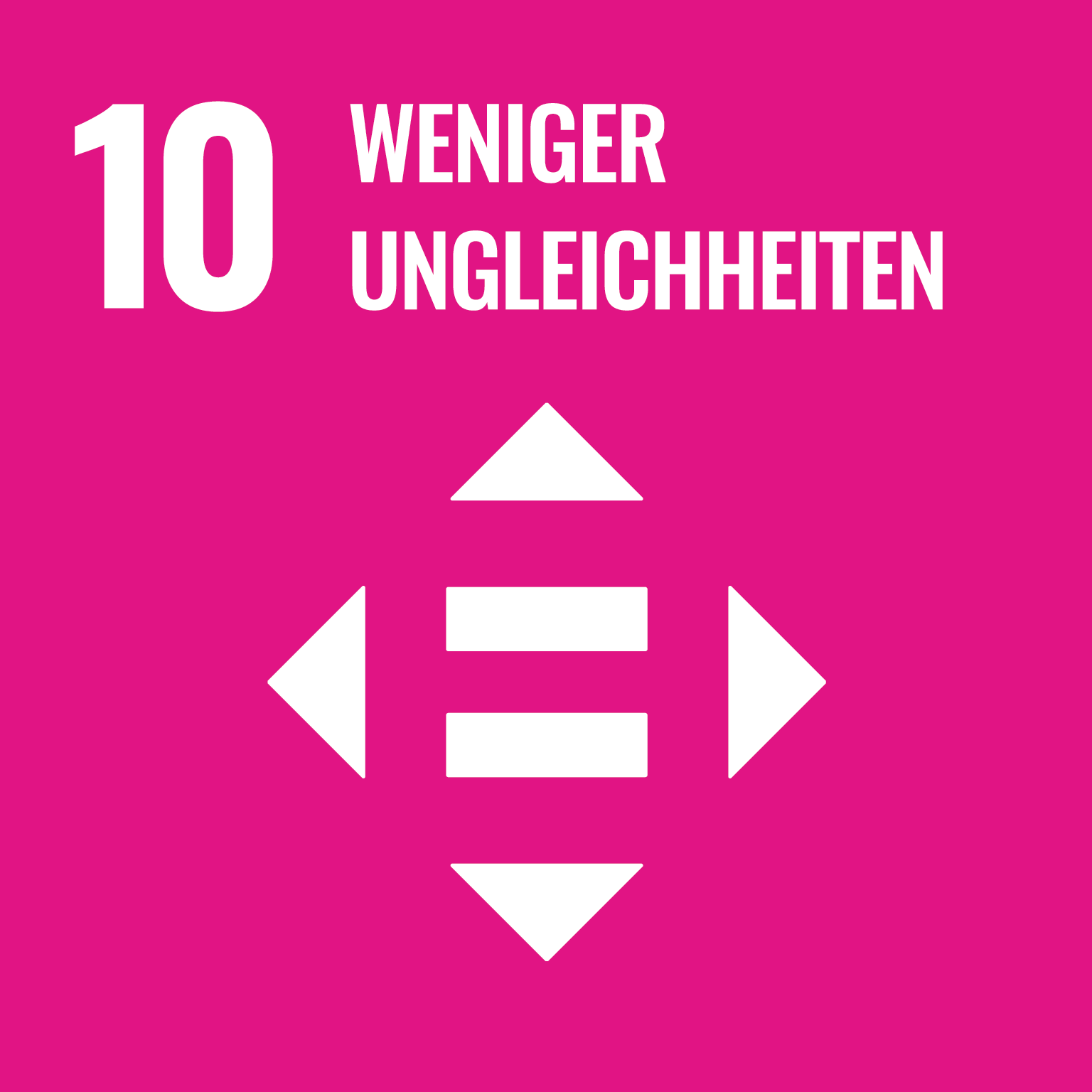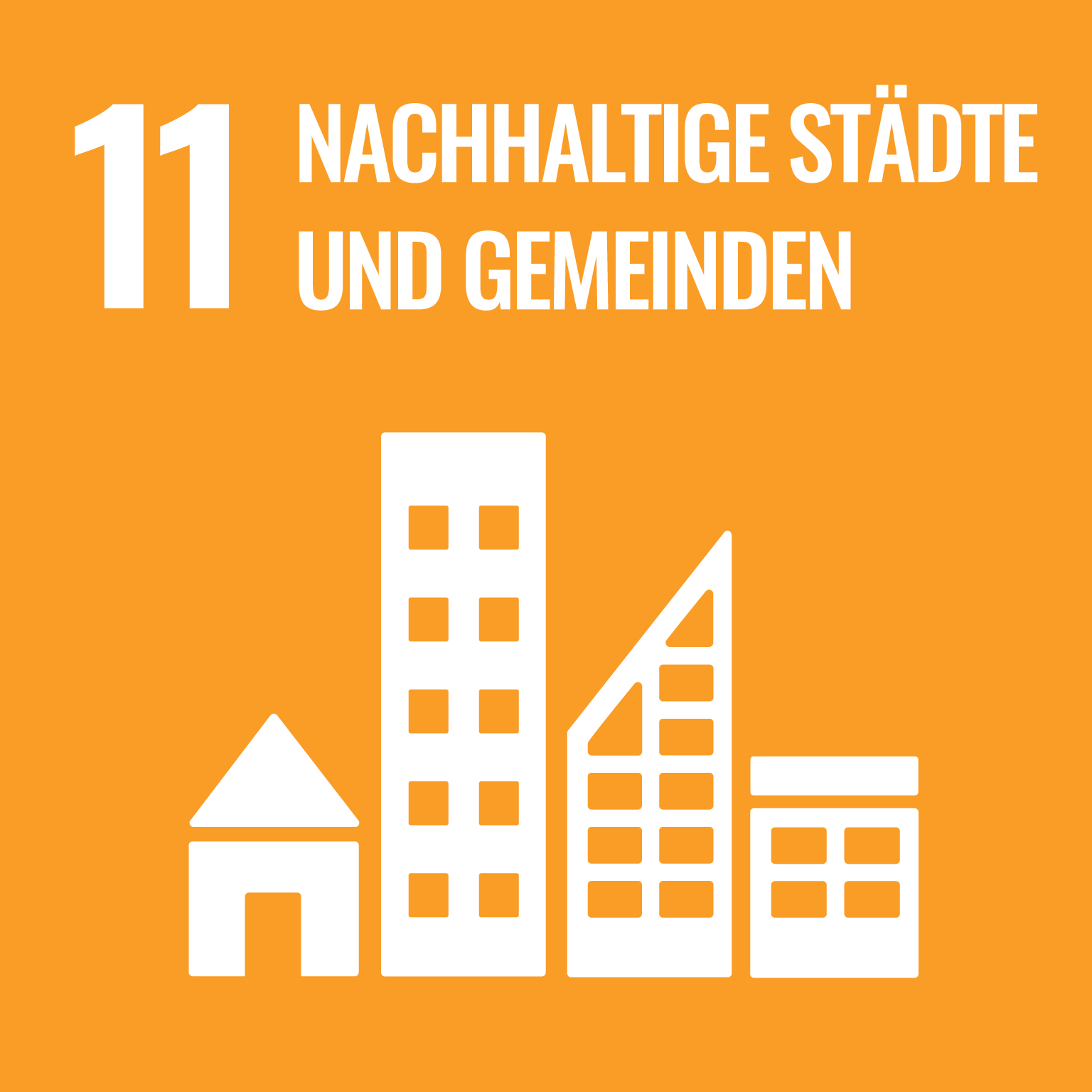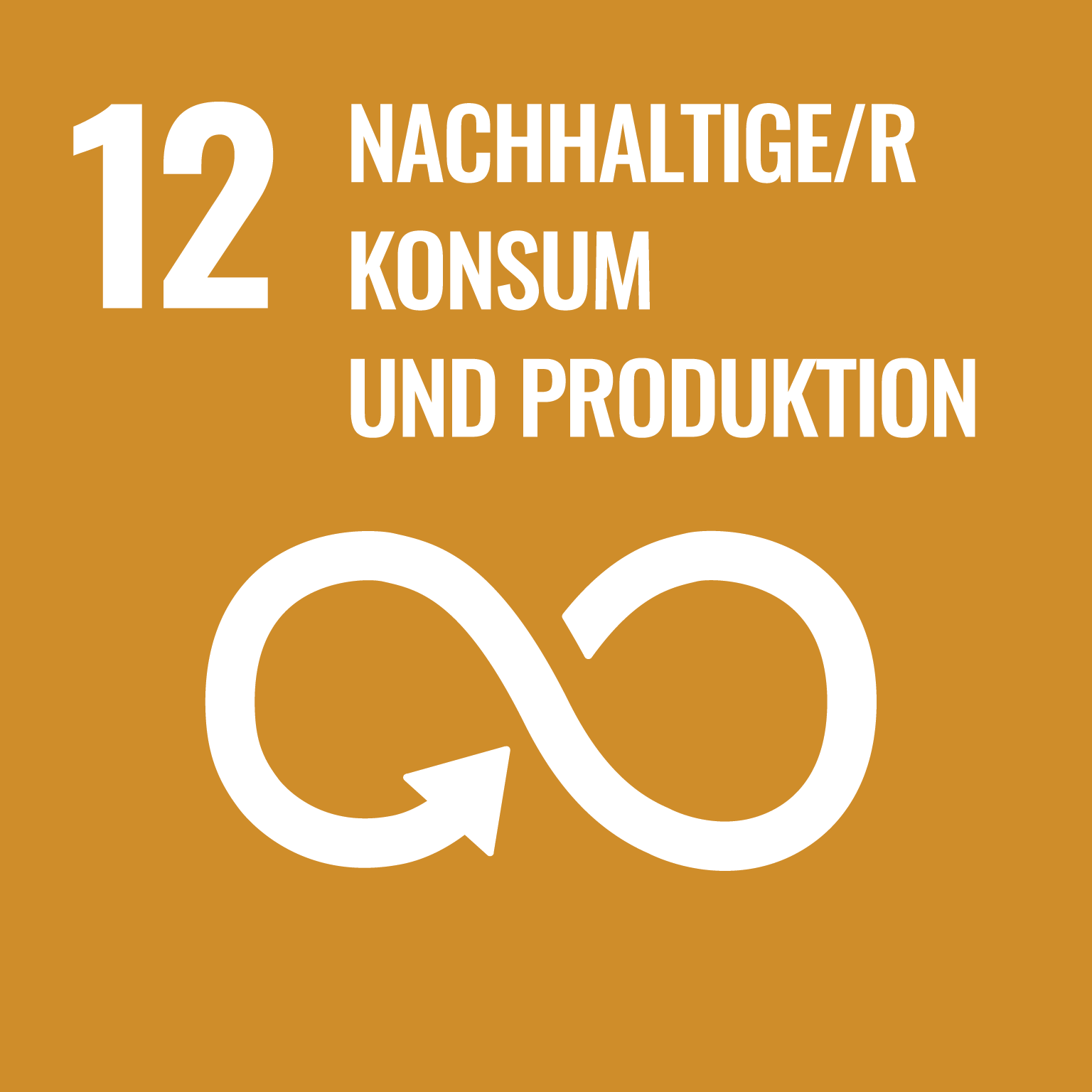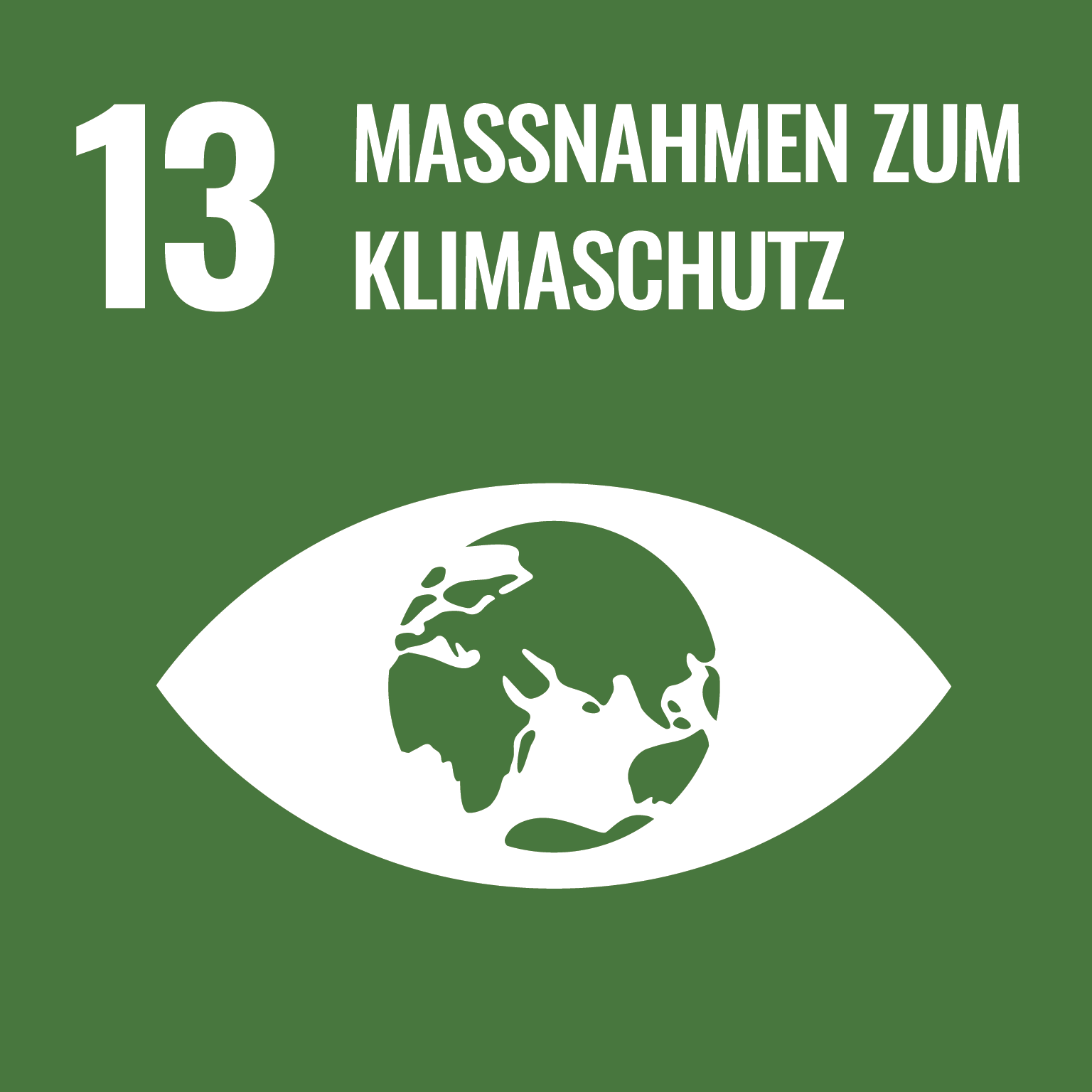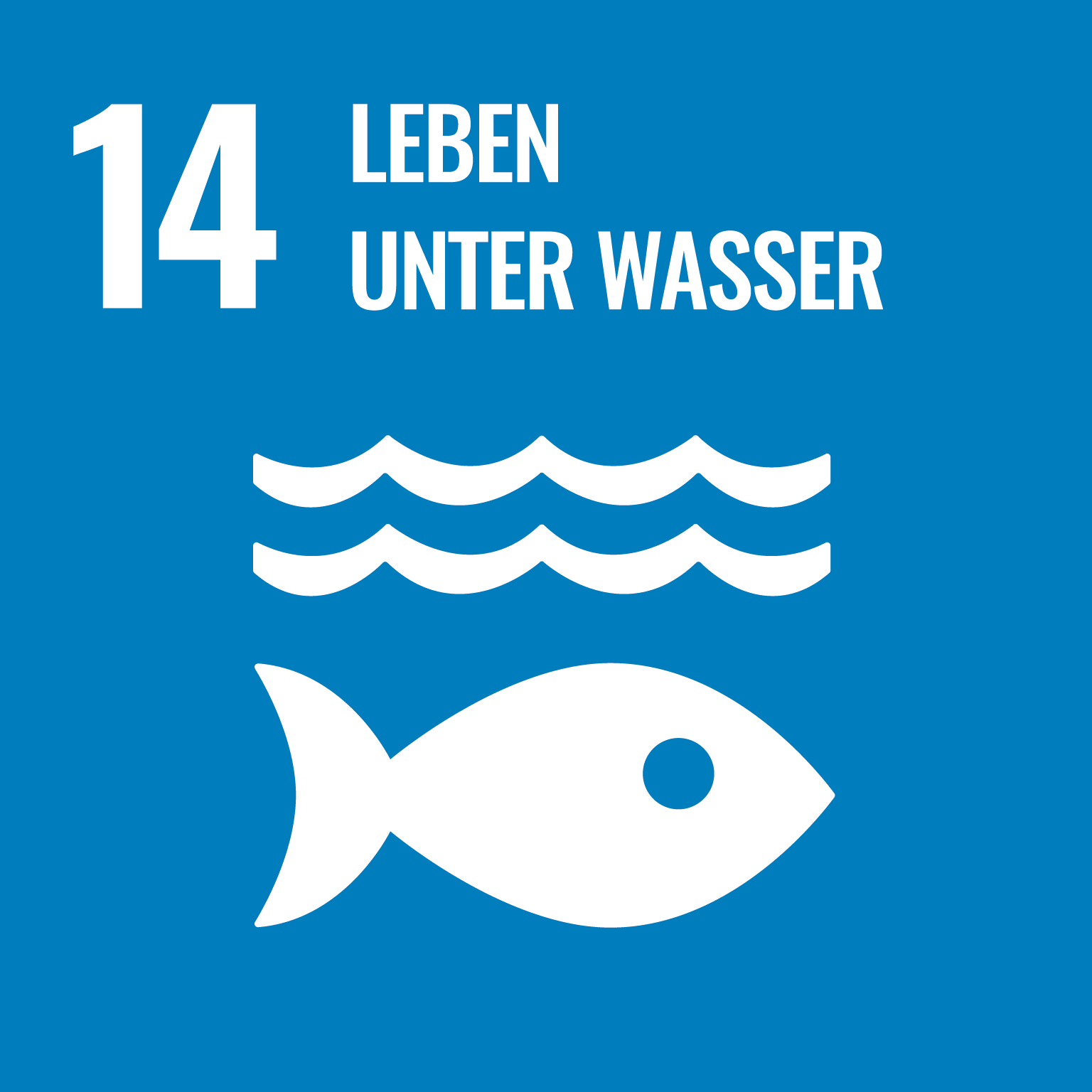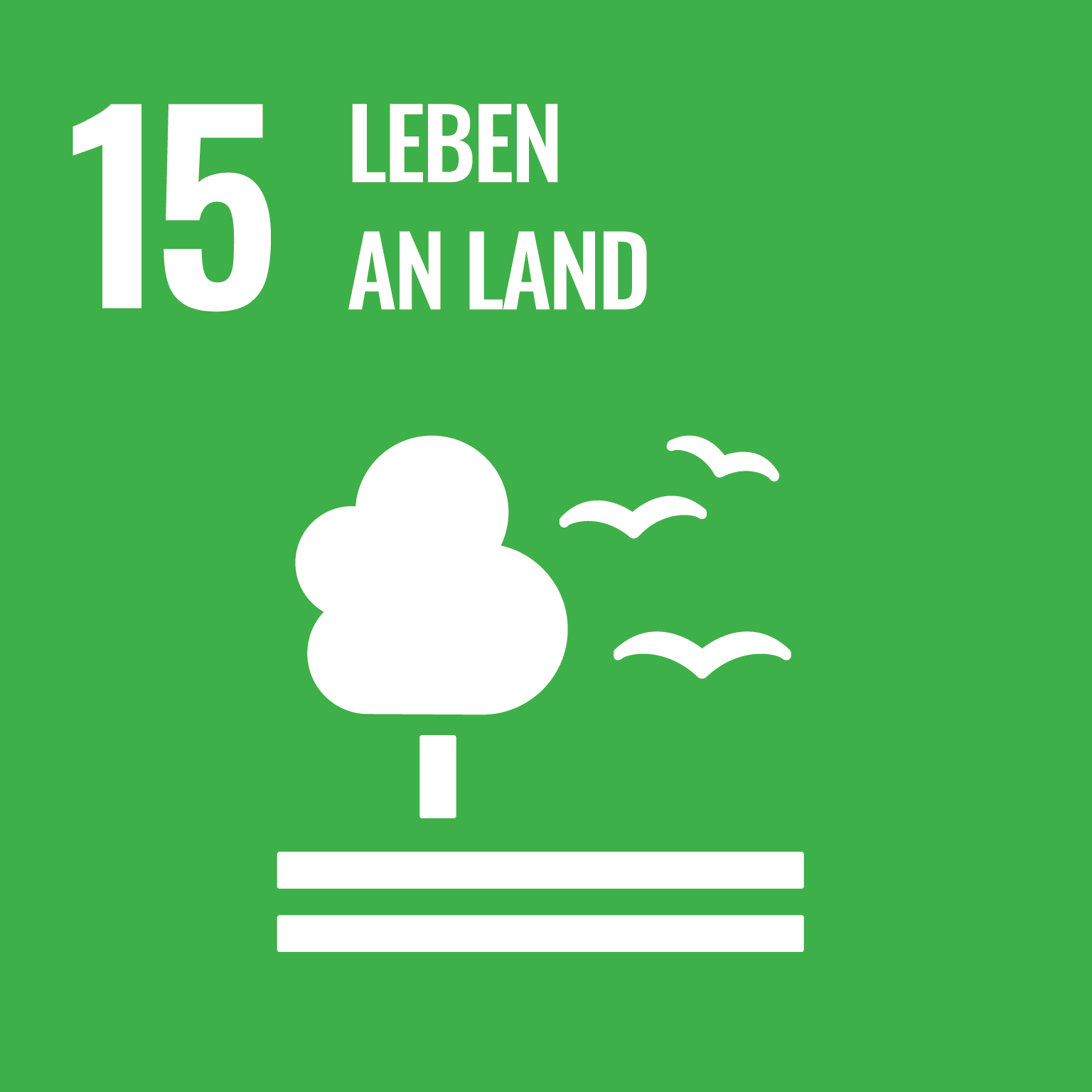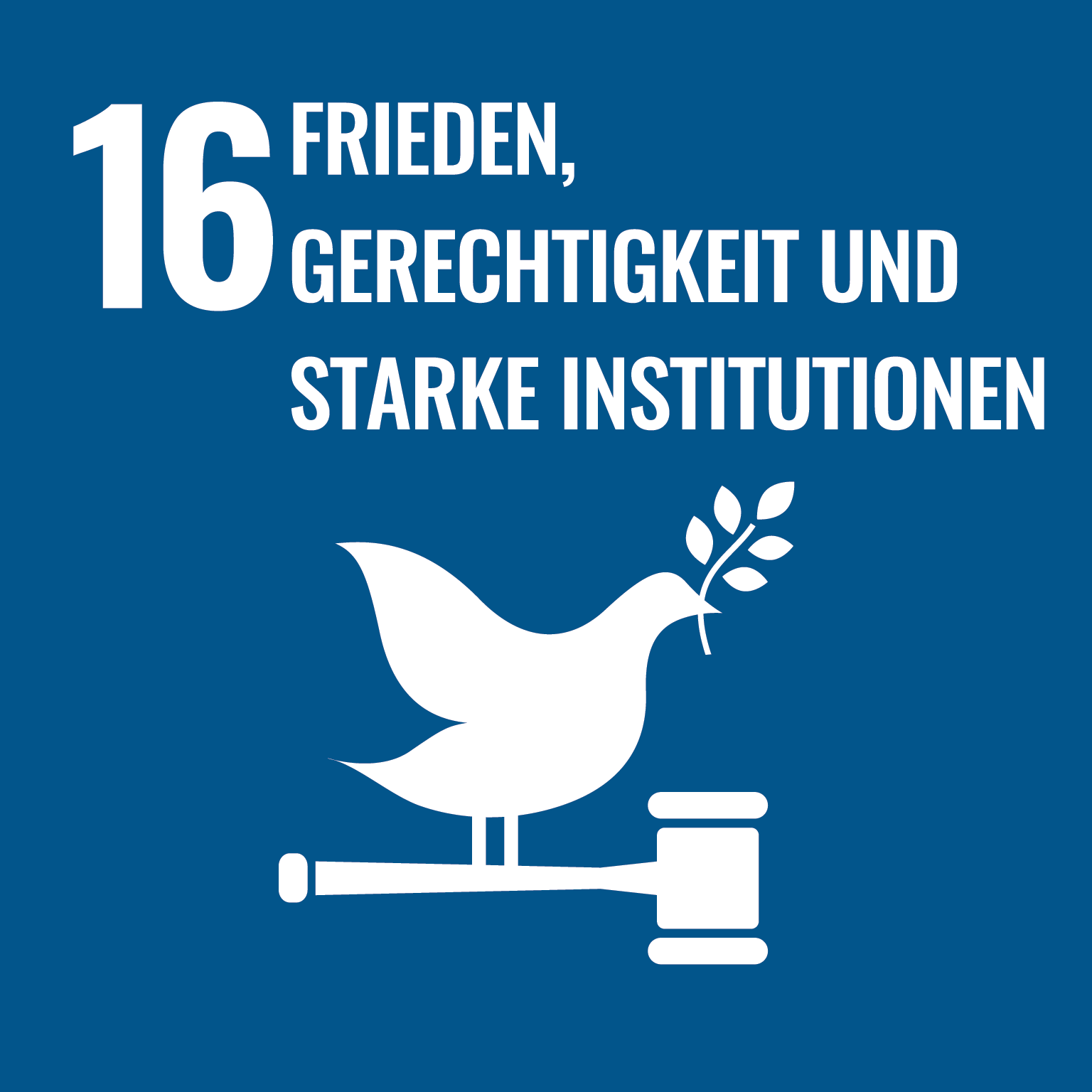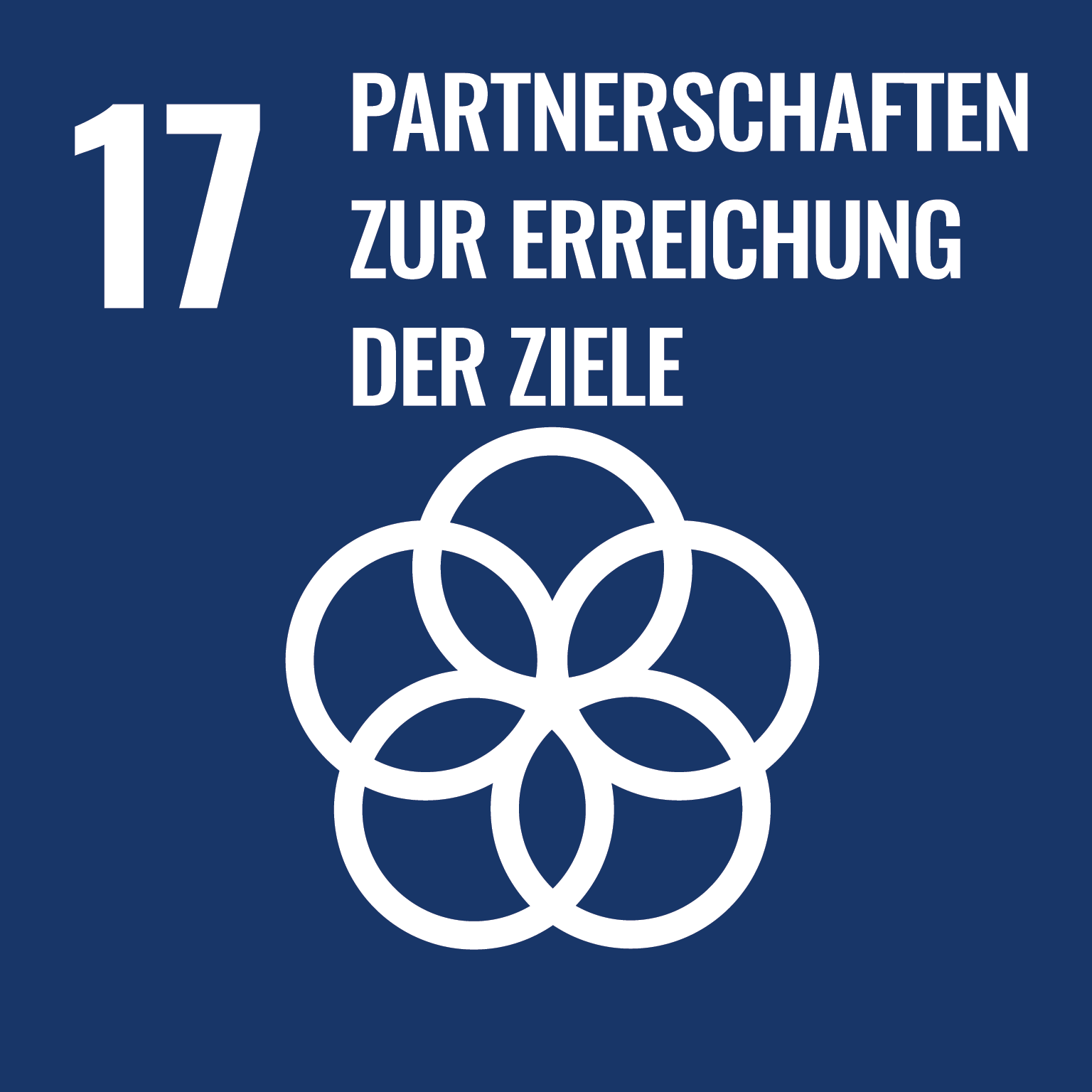SDG Law Tracker - Which laws does the German government implement?
Ensure healthy lives and promote well-being for all at all ages
Our proposals
Does the government plan to implement them?
What is the status?
-
The Corona pandemic has once again exposed the shortcomings in nursing care. Far-reaching reforms are needed if these are to be permanently overcome. Adequate staffing must be one of the most important projects in this context. With various legislative initiatives in recent years and the Concerted Action on Nursing (KAP), initial steps have been taken to increase the number of nursing staff and thus improve working conditions. The study commissioned by the legislature to develop scientific criteria for determining personnel requirements in long-term care was also an important step in this direction. On the basis of this calculation, it was determined that there is a considerable need for additional personnel in long-term care, which is to be addressed with initial measures. However, these initiatives are not enough to remedy the shortage of nursing staff. What is still missing is a clear signal that tangible relief can be expected for nurses at the bedside. A uniform nationwide staffing system must be introduced for the hospital sector that makes it possible to derive staffing requirements from the nursing needs of the people to be cared for and standardizes the patchwork quilt that currently prevails in Germany. Only by increasing staffing levels in all sectors can the workload of nursing staff be reduced and sufficient time spent on nursing care. This can also counteract the migration of nurses to other professions and win back nurses who have left the profession. In addition, better pay for nurses is needed, which can contribute to more young people deciding to train as nurses. This is the only way to improve the situation of caregivers and the people they care for in the long term.
For further reading and discussion:
https://deutscher-pflegerat.de/2018/11/09/deutscher-pflegerat-wir-brauchen-personalbemessung-fuer-pflegende-in-allen-arbeitsfeldern-auch-im-krankenhaus/
https://gesundheit-soziales.verdi.de/mein-arbeitsplatz/altenpflege/++co++1414c116-58ac-11ea-90d7-001a4a160100
✓
-
On Sept. 14, 2022, the German federal cabinet passed a bill "on nursing staffing levels in hospitals and on the adjustment of other regulations in the hospital sector and digitization" (20/3876). The aim of the bill is to improve the situation of nursing staff in hospitals in the medium term by calculating and enforcing ideal staffing levels for wards. To this end, a staffing measurement tool (PPR 2.0) developed as part of the KAP is to be used. A trial phase is planned from January 1, 2023. The test is planned for normal wards and pediatrics. On this basis, hospitals are to be given specifications for staffing levels in a legal ordinance. From 2025, staffing levels will then be binding and sanctioned.
-
Reconciling care and work is becoming an increasing social challenge. Of the 3.4 million people currently in need of care in Germany, around three quarters are cared for at home, mainly by relatives. An increasing proportion of these caregivers are of working age. The current arrangements for reconciling work and care, in which care and family care leave are limited in time far too narrowly, do not provide sufficient financial security and are rarely taken up. Working relatives of people in need of care are thus often left to fend for themselves. It is urgently time to provide better financial and social security coverage for care-related reductions in working hours or temporary career breaks. The "Independent Advisory Council for the Compatibility of Care and Work" set up by the Federal Ministry for Family Affairs, Senior Citizens, Women and Youth has drawn up proposals for good framework conditions for working caregivers. The central proposal is for leave of absence for up to 36 months - with a minimum working time of 15 hours per week. During this period, it should also be possible to take up to six months off from gainful employment, either completely or with a minimum working time of less than 15 hours per week. Working private caregivers are to receive financial support in the form of a wage replacement benefit similar to parental allowance, which can be claimed for up to 36 months.
For further reading and discussion:
https://www.zukunftsforum-familie.de/fileadmin/user_upload/pdf/infocenter/zeitschrift_vielfalt_familie/zff_vf_ausgabe30.pdf
https://www.wege-zur-pflege.de/fileadmin/daten/Beirat/Erster_Bericht_des_unabhaengigen_Beirats_2019.pdf
-
-
Many chemicals used in the production of plastics are extremely toxic. Since the chemicals are not firmly bound in the plastic, they can escape over time. They pass into the environment and are also absorbed by the human body. Hormonally active substances have a particularly far-reaching impact. These include, above all, plasticizers (phthalates), bisphenol A (BPA), brominated flame retardants and organotin compounds. These and others are suspected of causing diseases such as diabetes, obesity, infertility, cancer and heart disease. The use of these substances and their substitutes, if they are the same in terms of composition and/or effect, must be prohibited by law so that environmental and health protection can be guaranteed along the entire life cycle of a product. Particular attention must be paid to the protection of vulnerable groups such as pregnant women and children, who are overexposed to hazardous substances in plastic products. In principle, there must be a full declaration and disclosure of the substances contained in the products/packaging and used in processing.
For further reading and discussion:
https://www.bund.net/fileadmin/user_upload_bund/publikationen/chemie/chemie_achtung_plastik_broschuere.pdf
https://www.wecf.org/de/wp-content/uploads/2018/10/wege_aus_der_plastikkrise_forderungen.pdf
https://hej-support.org/hormongifte-stoppen/
≈
-
Manufacturers and traders from Germany export pesticides to countries outside the EU that are not allowed to be used in the EU because they are dangerous to humans and the environment. This double standard in the pesticide trade is at the expense of the health, livelihoods and rights of millions of people in the importing countries in Latin America, Asia and Africa. In France, a law has already been passed (Law No. 2018-938 - (EGalim Law), which bans the production, storage and trade of pesticides containing active ingredients that are not approved in the EU for environmental or health protection reasons from 01.01.2022. The Swiss Federal Council also decided on Oct. 14, 2020, to ban the export of five pesticide active ingredients banned in Switzerland. The European Commission's planned chemicals strategy includes a commitment to prevent the export of hazardous chemicals banned in the EU in the future and, if necessary, to amend the relevant legislation for this purpose. In addition, a March 2020 report by the Bundestag's Scientific Service concludes that the conditions for restrictions similar to those in France are in place in Germany. For example, the Ministry of Food and Agriculture (BMEL) is authorized to prohibit the export of pesticides to third countries outside the EU under certain conditions on the basis of Section 25 (3) Sentence 2 of the Plant Protection Act. On this legal basis, a regulation should be issued prohibiting the export of such pesticides that do not have a permit or authorization in the EU and/or Germany due to environmental and health risks.
For further reading and discussion:
https://pan-germany.org/download/giftige-exporte-ausfuhr-hochgefaehrlicher-pestizide-von-deutschland-in-die-welt/
www.inkota.de/studie-bayer-basf
https://www.ohchr.org/EN/NewsEvents/Pages/DisplayNews.aspx?NewsID=26063&LangID=E
https://www.ohchr.org/Documents/Issues/ToxicWaste/Communications/OL-DEU-09-02-21.pdf
https://ec.europa.eu/environment/pdf/chemicals/2020/10/Strategy.pdf
✓
-
According to the BMEL, they are currently preparing an export ban for certain harmful plant protection products that are produced in Germany but may not be used in the EU. The concrete content remains to be seen. According to the BMEL's announcement, however, the regulation would only cover pesticides in finished products, not in the form of pure active ingredients. According to a study by the Heinrich Böll Foundation, the INKOTA network, the Pesticide Action Network (PAN Germany) and the Rosa Luxemburg Foundation, however, Germany exports considerably more pesticides in the form of pure active ingredients. This regulatory gap must therefore be closed immediately with a reform of the Plant Protection Act.
-
Donating blood saves lives. And yet it is still not allowed for certain groups in Germany. The Transfusion Act and the guidelines of the German Medical Association on the collection of blood and blood components and the use of blood products must be amended and discrimination abolished so that every healthy person in Germany who wants to help is allowed to do so. Sexual orientation should no longer be asked when donating blood. To ensure the safety of the recipients of the blood donation, they could be asked about the frequency of changing sexual contacts and sexual risk behavior - because that determines whether the person belongs to a risk group. In many other countries, such as Bulgaria, Italy, Latvia, Poland, Portugal and Spain, this is already the case.
For further reading and discussion:
https://weact.campact.de/petitions/knappheit-der-blutreserven-durch-covid-19-diskriminierung-beim-blutspenden-stoppen?utm_source=post-twitter&utm_medium=social&utm_campaign=20-10-16%20%2F%20blutspenden-marcel-twitter
https://www.lsvd.de/de/ct/1321-Ausschluss-schwuler-und-bisexueller-Maenner-von-der-Blutspende
✓
-
Homosexual men may no longer be excluded from donating blood. With the votes of the traffic light coalition, the Bundestag passed a corresponding amendment to the Transfusion Act in March 2023. It is now explicitly stated there that sexual orientation may not be taken into account when deciding on a possible exclusion.
The amendment to the law also removes the previous maximum age limits for donating blood. Until now, first-time donors - depending on the region - were only allowed to be around 65 years old. For repeat donors, the upper limit was usually between 70 and 75. In the future, a doctor will now assess the individual's "fitness to donate" instead.
More info: https://www.tagesschau.de/inland/gesellschaft/bundestag-gesetz-blutspende-101.html
-
Patents guarantee the pharmaceutical industry high prices and corresponding profits worldwide via temporary monopolies. However, the research incentives that are supposed to be set by this are very unequally distributed: Health problems of people in the Global South are neglected by the patent-driven research system due to their lower purchasing power. The same applies to important but less lucrative research areas such as vaccinations or antiobiotics research. Especially for people in the Global South, patents prevent access to research results and new technologies and often make medicines unaffordable. According to estimates by the World Health Organization (WHO), one third of all patients worldwide do not have access to necessary medicines due to high prices and other structural barriers. A legislated removal of patent protection on all essential medicines could counteract this.
For further reading and discussion:
https://www.patents-kill.org/deutsch/
http://med4all.org/images/downloads/Leitfaden-sozialvertrgliche-Verwertung-2018.pdf

